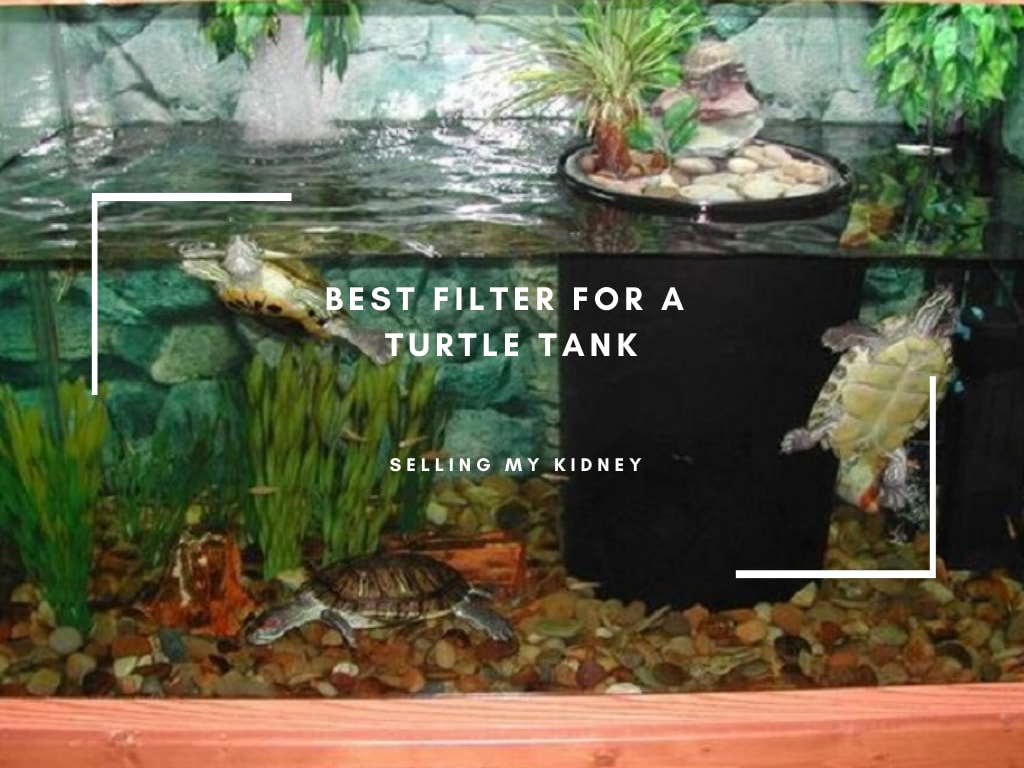Turtles are amazing creatures that can live very long without food.
They can survive in extreme conditions and go months, even years, without eating anything!
This is due to their slow metabolism, which allows them to conserve energy over extended periods.
Turtles also store fat reserves within their bodies, so they don’t need as much nutrition from outside sources as other animals.
Turtles should be respected and admired for this incredible feat; it’s truly remarkable how resilient these reptiles can be when faced with starvation or lack of resources!
Here are some facts about turtle longevity:
- The average lifespan of an aquatic turtle ranges between 20-40 years, depending on the species
- Land tortoises typically live longer than water turtles (upwards of 80+ years)
- Some sea turtles may reach the 100+ year mark if given proper care.
How Long Can A Turtle Survive Without Food And Water?
Turtles can survive without food and water for a surprisingly long time.
They can do this because of their slow metabolism, which allows them to conserve energy over extended periods.
Generally speaking, turtles can go up to several months without eating or drinking anything at all!
In fact:
- Some species have been known to fast during the winter season when temperatures drop below freezing;
- Others may not eat due to illness or stress from being in captivity;
- And some will even stop eating if they don’t like what is offered as food.
However, you must regularly provide your turtle with adequate nutrition and hydration, so its health isn’t compromised by prolonged fasting.
That’s true, especially since dehydration could be fatal after just one week!
Additionally, providing fresh vegetables such as lettuce leaves (which contain essential vitamins) should help keep your pet healthy. While avoiding any potential nutrient deficiencies caused by a lack of proper dieting habits.
Make sure that access to clean water is always available for drinking. Depending upon individual circumstances and environmental conditions, it can happen within days instead of weeks/months. Otherwise, serious complications might arise quickly enough.
How To Feed Your Turtles When You’re On A Vacation?
When you’re on vacation, it can be difficult to ensure your turtles get the nutrition they need.
Here are some tips for feeding them while away:
- Ask a friend or family member if they would mind taking care of your turtle and providing food during that time;
- If not possible, buy pre-made pellets specifically designed for aquatic turtles – these provide balanced nutrients in one meal;
- Offer fresh vegetables like kale, spinach, and carrots as occasional treats (no more than once per week);
- Avoid giving too much protein, such as beef heart or fish. Because this could lead to health problems over time;
- Make sure there is always clean water available so the turtle can stay hydrated!
Finally, remember to check their progress when you return from vacation – happy feeding!
How Long Can A Turtle Go Without Eating?
Turtles can go a long time without eating.
Depending on the species, some turtles may be able to survive for up to one year or more!
Here are some important facts about how long they can last:
- Turtles store fat in their bodies which helps them stay nourished during times of food scarcity;
- They also slow down their metabolism and become inactive when there is no food available;
- Some aquatic turtles will hibernate if necessary, allowing them to conserve energy until better conditions arise.
- Examples include box and wood turtle species that live in colder climates where winter brings fewer resources.
- Land-dwelling tortoises have adapted by becoming dormant during dry seasons with little vegetation growth – this allows them access to stored nutrients from earlier meals while waiting out periods of drought or famine.
- Additionally, desert tortoise populations often rely heavily upon seasonal rains for sustenance, burrowing into moist soil pockets beneath surface rocks/plants. That way, they don’t dehydrate too quickly due to a lack of water sources nearby (which could lead to death).
- Sea turtles typically migrate between feeding grounds depending on availability. These animals must travel great distances to find enough nutrition to sustain themselves over extended periods.
Factors That Determine How Long Can A Turtle Survive Without Food Or Water
Several factors determine how long a turtle can survive without food or water.
These include the species of turtle, its age and size, environmental conditions such as temperature and humidity levels, and access to shelter from predators or extreme weather events like storms.
Also important is whether it has been able to store energy reserves in fat deposits before going into hibernation.
Turtles have adapted to go for extended periods without eating, but this varies depending on their needs.
Some may last up to two months.
In contrast, others will need more frequent meals.
Additionally, turtles require fresh drinking water daily, which helps them stay hydrated and healthy.
If deprived of these resources, dehydration becomes an issue leading to potentially fatal consequences within days rather than weeks/months!
Finally, stress plays a role, too.
Turtles become weak quickly when stressed out due to lack of nutrition (or other reasons), making survival even harder.
Conclusion: How Long Can Turtles Live Without Food?
Turtles can live without food for a surprisingly long time.
In fact, some turtles have been known to survive up to one year with no food!
This is partly due to their slow metabolism and ability to store fat reserves that they use as energy when needed.
Additionally, the type of turtle species also plays an important role.
Sea turtles can go longer without eating than land-dwelling varieties because they feed on jellyfish. This provides them with more nutrients per bite compared to other foods on land or water.
It’s amazing how resilient these creatures are. Even if they are deprived of sustenance for extended periods, many still survive and thrive afterwards!


